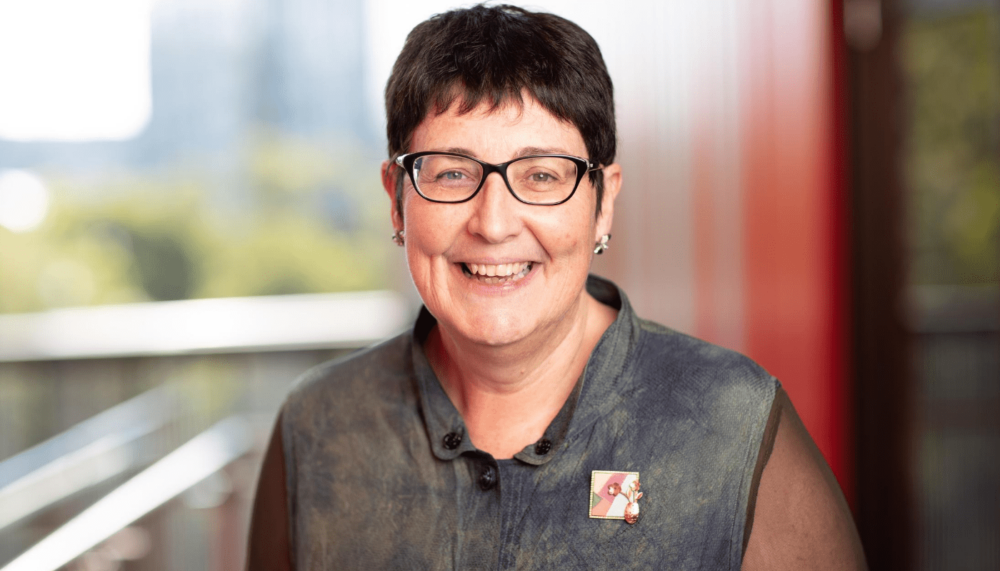We often get questions about the best degree to choose for someone interested in the human services and social work. In this article, we sat down with Jennifer Cartmel from our School of Human Services and Social Work to provide advice on this and on the careers available for someone working in this dynamic field.
What is the difference between a career in human services and social work?
Social work and human services do differ slightly, although the two roles often sit alongside each other in a workplace. While both roles are about helping people, a human services practitioner will help people improve their social, economic, personal and communal wellbeing. Social workers can do all of this, but they will also focus on social change and development, social cohesion and empowering people in regard to change. Either way, it’s a career for people driven by their strong values for creating change.
What are the differences in the degree programs?
There is quite a bit of cross-over in courses for the Bachelor of Human Services and the Bachelor of Social Work, so students can expect to take many similar courses with their peers from either of those degrees or our other degrees such as the Bachelor of Child, Youth and Family Practice. The main difference is the outcome of the degree and its associated registration, the length of the degree, and the amount of time you spend on placement.
Graduates of the Bachelor of Social Work will be eligible to apply for registration with the Australian Association of Social Workers (AASW). In comparison, graduates of the human services program will be eligible to apply for registration with the Australian Community Workers Association (ACWA). Accreditation is subject to meeting any additional requirements that may be stipulated by the AASW and the ACWA.
For placements, the Bachelor of Human Services has one semester of practical placement, whereas the Bachelor of Social Work has two semesters of practical placements. Human Services is also a three-year degree, where social work is a four-year, to accommodate the additional placement and courses. We recognise the degree length might compel some students to lean towards the human services program, even if they would prefer the social work registration. That’s why we have the Master of Social Work. Completing the master program would enable students to achieve that accreditation. It is offered both on campus and via distance education, which often works well for people with commitments outside of university.
What does the future look like for professionals working in either of these two fields?
I think a large part of the future of social work is in case work and counselling in health and mental health, child protection, disability, and ageing. One of the most important roles a human services or social work practitioner can fulfill is to help people obtain the right services when they need them – things like housing, financial support, counselling, child protection or emergency accommodation. The ACWA reports that 1 in 23 Australians are estimated to face deep and persistent disadvantage in their life – the future would hope to see that figure improve through the type of support a human services or social work practitioner can provide.
Where are the areas of employability / areas of need?
The future is looking to be strong for employment from these degrees, with an anticipated growth in community services. From the ACWA:
- 435,000 people received community mental health care in 2017-2018
- 159,000 children between the ages 0-17 received child protection services, and the number of children receiving these services has increased 11% since 2013-2014
- 116,000 people were estimated to be homeless on Census night in 2016.
Any of these areas are going to be an area of need moving forward and we expect our alumni to be moving into these fields to provide support and care to vulnerable populations.
Should you be considering a career in human services or social work, visit the Griffith University website for a range of undergraduate and postgraduate options, such as the Bachelor of Human Services and the Bachelor of Social Work, the Graduate Certificate in Disability Inclusion, and the Graduate Certificate in Mental Health Practice.
For further answers to frequently asked questions, see our video with staff and students:



